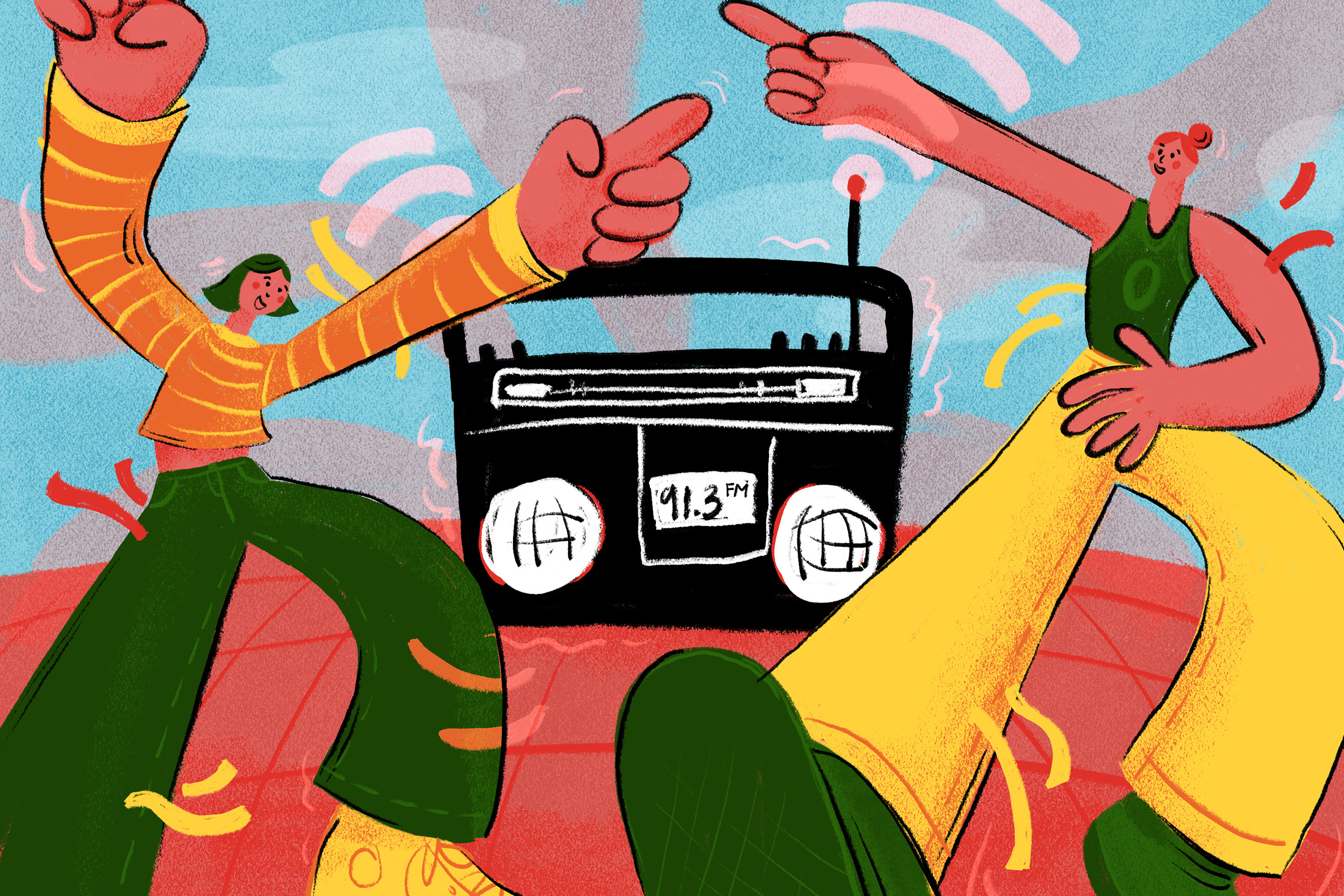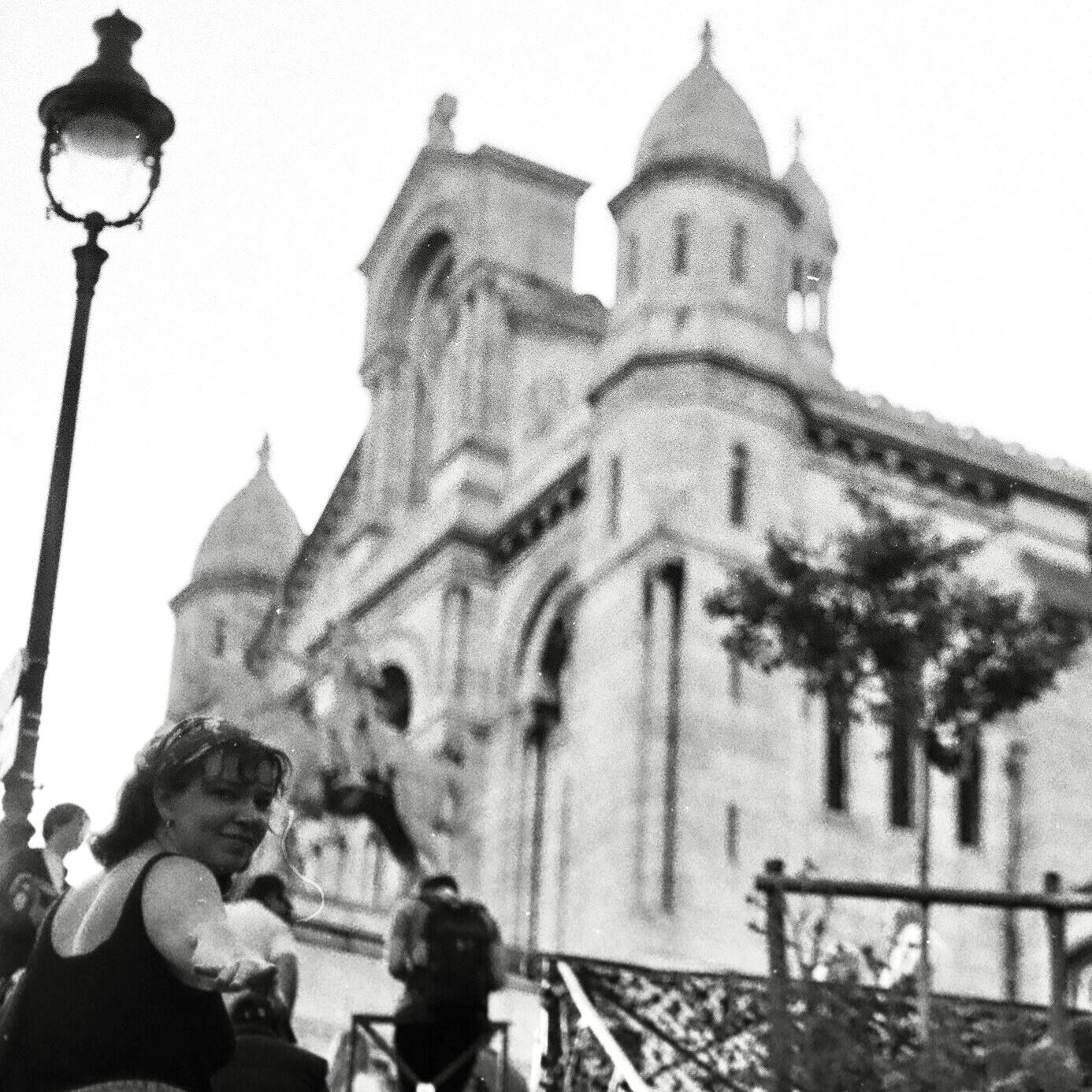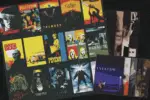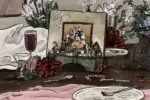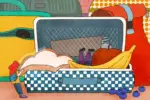One night, I was listening to my friend Ryan’s radio show on Emerson College’s student run Radio Station, WECB. The hour-long segment was great with a focus on ambient music. Once his show ended, a new DJ took over, playing everything from Grimes to Prince to ABBA. It was a joy because we didn’t know what was going to be played next. Some were old favorites we hadn’t heard in years and other songs were new but we immediately liked those songs as well. When I returned to my own Spotify mixes the next day, I was admittedly fatigued by my old standbys.
Everyone has their curated playlists, filled with their favorite songs to soundtrack their day. The annual Spotify Wrapped shows us just how many times users have listened to that one album. But there reaches a point when you can’t listen to the same 15 songs anymore and you need something new. So, I set out to have a day of the professionals picking out my music but I quickly ran into some road blocks. For starters, I live in a city and don’t drive, so turning on the car radio and jamming to a song was not an option. Second, I didn’t know of any radio stations with a more expansive catalog than the standard Top 40 or 80s hits. I wanted to be able to be taken on a music journey with ups and downs, twists and turns.
After doing some research, I was worried that I wouldn’t be able to find what I was looking for because I wasn’t sure there was a market for a new music seeker. FM radio stations make the majority of their profit from advertisements. So, most FM radio stations need an audience of listeners so that advertisers will buy airtime. If record labels can deliver radio stations music that will get listeners, stations can sell airtime. That means these stations are less likely to take risks on emerging artists or to offer a diverse set of music because if the traditional listeners like what they are listening to, they will come back for more. Satellite and internet radio stations like Sirius XM operate on a subscription-based model. But, even with a steady and reliable stream of income, these stations still are systemically categorized to attract return listeners.
So, I turned to my friend and resident music expert, Ryan, the host of Big Sharp Knife on WECB, and asked him if there was a radio station that would do this. This was his answer: “There are some but they usually don’t make much money… Really the only “any kind of music” stations that I can think of are like college radio stations or maybe really small listener funded local stations but since radio has shrunk so much in popularity, it’s hard for the small listener funded stations to continue to be around.” He recommended BBC Radio 6 college radio stations if I was looking to discover new music. And my quest was back on track. For the next few days, I would only listen to BBC 6 and WECB. There was only one rule: no skips. Not that you can skip radio, but I would play a song in its entirety and not flip to the other radio or to a playlist of my own. Especially if it’s the kind of song I would not normally enjoy.
I started the next day with BBC Radio 6, one of the British Broadcast Corporation’s digital radio stations in the United Kingdom, known for its diverse and eclectic music programming. The station covers a wide range of genres, including alternative rock, indie, electronic, hip-hop, and more. It was exactly what I was looking for – a mix of classic tracks and new music, often featuring live sessions and interviews with artists. Because Radio 6 is publicly funded through the BBC, it has the ability to highlight artists that might not have an extensive following.
One aspect of BBC Radio 6 I really enjoyed was the facilitator that curated their music choices. I tuned in for Cillian Murphy’s Limited Edition show, a two-hour special hosted by Murphy as he played his own late night favorites including Bob Dylan’s “I Want You” and DEVO’s “(I Can’t Get No) Satisfaction.” As he introduced each song, he would give a little anecdote or share personal feelings toward the song that intrigued me enough to listen closely. Whenever the BBC isn’t hosting a celebrity or resident artist, a live DJ programs their hour with context to the songs and the bands. The shows have a theme used as a guideline for their setlist like Cloudbusting with Lauren Lavern, which is meant to start your day with upbeat music to get your day started. However, in that hour-block there is just as much of a chance for Lavern to play Paul Simon as Caroline Polachek.
I ended my BBC Radio 6 day with the new music I was hoping for. I felt refreshed and all around enriched by what they offered me. I don’t consider myself a music buff but they didn’t play a single song that I recognized the entire day. I wasn’t mad at all because there were artists that I knew and loved, and I got to expand my view on them.
The next day was my WECB.FM listening day so I spent the day with the college DJs in my ear. Unlike BBC Radio, there was no fanfare or setup to these shows, songs would just fade from one to the next. I had been spoiled a bit by the BBC giving me easy access to the songs and artists that I was experiencing. Whenever I liked a song WECB played, I would have to do a bit of digging on Shazam or plug in lyrics to Google and hope that the internet would know the song I was looking for. I found that I knew more of these songs that the college DJs played. While they weren’t on my Repeat Rewinds, they were songs I heard my friends playing or that I hadn’t thought of in a while. I still sat in anticipation of what song could be next in the queue, safe in the hands of these college DJs.
It has probably been years since I earnestly listened to the radio, and I don’t know the last time I added a song that I heard offhandedly to my everyday playlists. But, the radio is a good thing, and if you’re looking to expand your music horizons, I cannot recommend giving your college radio station or the BBC 6 Radio a try enough. It’s free! And they could use your support! You never know, you could find your next favorite song at the hands of someone else.


